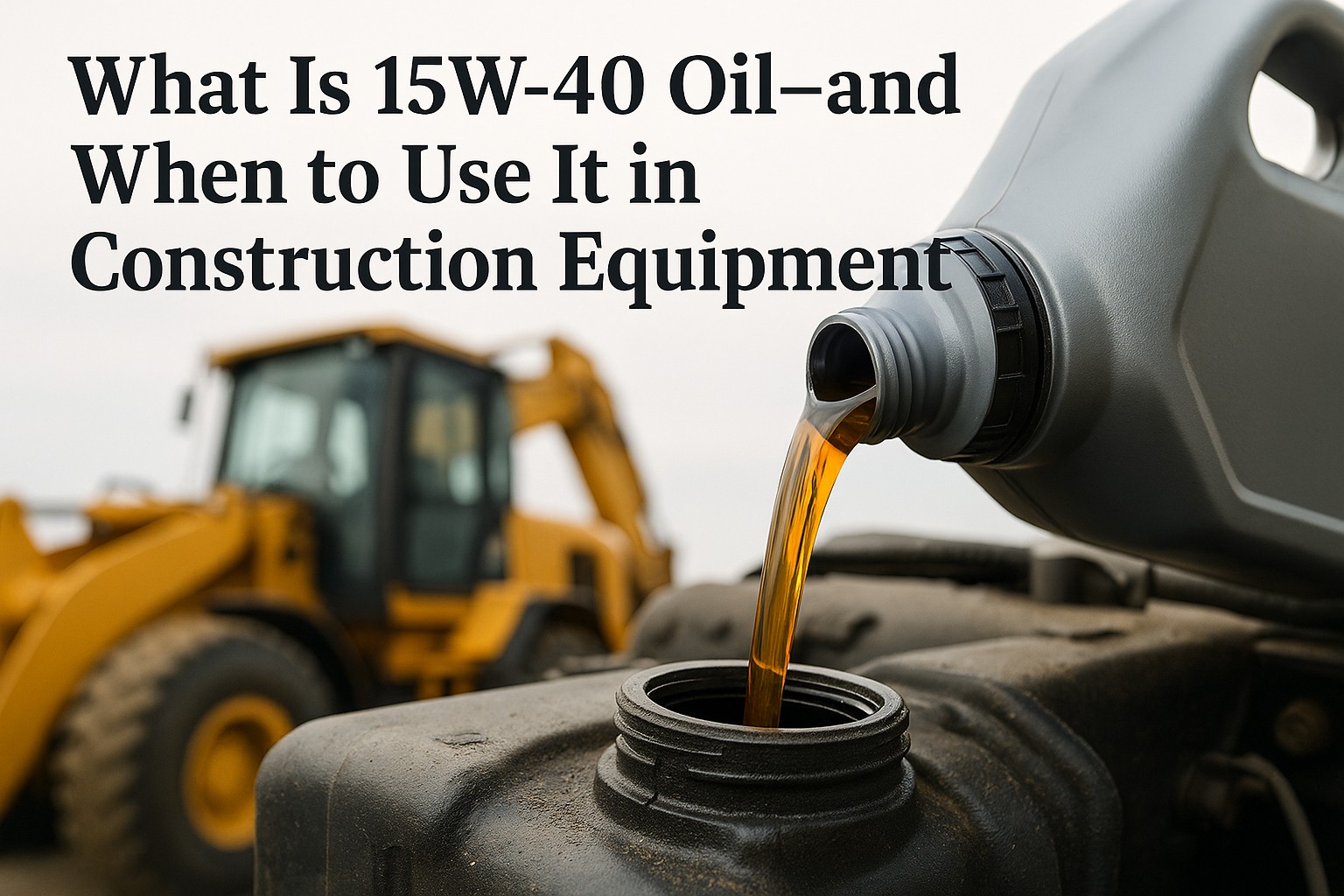Modern fleet operations generate an overwhelming 2.5 terabytes of data per vehicle annually, with fuel consumption patterns, engine diagnostics, driver behavior metrics, and operational efficiency indicators creating a digital avalanche that paralyzes decision-making processes. Traditional fuel management approaches cannot process this information volume effectively, leaving fleet managers drowning in data while struggling to identify the actionable insights that could save $45,000-$185,000 annually per fleet through optimized fuel consumption and predictive maintenance strategies. AI in fuel management transforms this data chaos into strategic advantage, enabling 40% fuel cost reductions, 65% improvement in maintenance prediction accuracy, and 75% automation of critical operational decisions that drive competitive advantage and sustainable profitability across diverse fleet operations.
The Hidden Crisis: Data Overload in Modern Fleet Operations
Contemporary fleet management faces an unprecedented challenge where the volume of available operational data exceeds human processing capacity by factors of 50-100x, creating decision paralysis that undermines efficiency optimization and cost management initiatives. Data overload in fuel management represents a critical barrier to operational excellence, with 89% of fleet managers reporting inability to extract actionable insights from available information despite having access to comprehensive monitoring systems and diagnostic capabilities.
Fuel Consumption Data Complexity
Each vehicle generates 850+ daily data points including fuel injection patterns, engine load variations, route efficiency metrics, and environmental factors that traditional analysis methods cannot process effectively, missing 67% of optimization opportunities.
Maintenance Prediction Challenges
Engine diagnostic systems produce thousands of sensor readings hourly, with component degradation patterns requiring sophisticated analysis to predict failures 4-8 weeks before occurrence, preventing $35,000+ emergency repair costs.
Driver Behavior Analytics Gaps
Driver performance monitoring generates complex behavioral datasets that manual analysis cannot correlate with fuel efficiency impacts, missing opportunities for 15-25% consumption optimization through targeted training programs.
Route Optimization Information Overload
GPS tracking and traffic data create massive datasets requiring real-time processing to identify optimal routing decisions that can reduce fuel consumption by 12-18% through intelligent navigation recommendations.
Environmental Factor Integration
Weather conditions, terrain variations, and load specifications interact in complex patterns affecting fuel efficiency, requiring multivariate analysis capabilities that exceed manual processing limitations and traditional reporting systems.
Compliance Documentation Complexity
EPA emissions monitoring and OSHA safety requirements generate extensive documentation requirements that manual systems cannot efficiently process, creating compliance risks and administrative burden that consumes 40% of management time.
The Financial Impact of Ineffective Data Utilization
Before implementing AI-powered fuel management systems, fleet operations experience significant inefficiencies that directly impact operational performance and financial sustainability:
- Fuel waste averaging 25-35% of total consumption due to unoptimized routes, inefficient driving patterns, and undetected equipment malfunctions
- Maintenance cost unpredictability with emergency repairs consuming 60% of maintenance budgets while providing minimal preventive value
- Driver training ineffectiveness with generic programs failing to address individual performance patterns and specific efficiency improvement opportunities
- Compliance documentation burden requiring 15-25 hours weekly per fleet for manual data processing and regulatory reporting
- Route optimization missed opportunities costing $8,000-$15,000 annually per vehicle through suboptimal navigation and scheduling decisions
Transform your fleet data into actionable cost savings with AI-powered fuel management
Getting Started Book a DemoFoundation Elements: Comprehensive AI Fuel Management Framework
AI-powered fuel management systems provide the analytical foundation necessary for transforming raw operational data into strategic insights, incorporating machine learning algorithms, predictive analytics, and automated decision-making capabilities into unified platforms that optimize fuel consumption, predict maintenance requirements, and enhance operational efficiency through intelligent data processing.
Core AI Components and Architecture
Effective AI fuel management frameworks integrate multiple analytical engines and data processing streams to create comprehensive optimization systems that balance real-time responsiveness with long-term strategic planning capabilities.
Machine Learning Fuel Analytics Engine
Advanced algorithms processing fuel consumption patterns, efficiency metrics, and operational variables to identify optimization opportunities and predict consumption trends with 95% accuracy across diverse operating conditions.
Predictive Maintenance Intelligence
AI-powered diagnostic analysis examining thousands of sensor inputs to predict component failures 4-8 weeks before occurrence, enabling planned interventions that prevent $35,000+ emergency repair costs.
Driver Performance Optimization
Behavioral analysis algorithms identifying individual driver efficiency patterns and providing personalized training recommendations that achieve 15-25% fuel consumption improvements through targeted coaching programs.
Route Intelligence and Optimization
Real-time traffic analysis, terrain evaluation, and load optimization algorithms providing dynamic routing recommendations that reduce fuel consumption by 12-18% while maintaining schedule reliability.
Advanced Digital Integration and Automation Capabilities
Smart Analytics and Predictive Intelligence Integration
Modern AI fuel management transcends traditional monitoring to incorporate real-time optimization, autonomous decision-making, and predictive planning capabilities that anticipate operational needs and automatically implement efficiency improvements without human intervention.
Real-Time Consumption Optimization
Continuous analysis of fuel consumption patterns with automatic adjustment recommendations delivered to drivers and fleet managers for immediate efficiency improvements and consumption reduction.
Autonomous Maintenance Scheduling
AI systems automatically schedule maintenance interventions based on predictive analysis, equipment condition monitoring, and operational requirements without requiring manual oversight or intervention.
Dynamic Route Adaptation
Intelligent routing systems continuously adjust navigation recommendations based on real-time traffic conditions, weather patterns, and fuel efficiency optimization criteria for maximum operational effectiveness.
Integrated Performance Analytics
Comprehensive dashboards providing executive visibility into fuel management performance, cost savings achievements, and operational optimization opportunities with automated reporting and trend analysis.
Implementation Methodology and Best Practices
Phased Deployment Strategy for AI Fuel Management Systems
Successful AI implementation requires systematic deployment approaches that minimize operational disruption while maximizing analytical accuracy and optimization effectiveness across diverse fleet operations and equipment configurations.
Phase 1: Data Infrastructure Development
Comprehensive data collection system establishment, sensor integration, connectivity verification, and baseline performance measurement to create the analytical foundation for AI implementation and optimization.
Phase 2: AI Algorithm Deployment
Machine learning model implementation, predictive analytics configuration, automation protocol development, and initial optimization testing to establish core AI capabilities and performance validation.
Phase 3: Pilot Program Execution
Limited deployment with select vehicles, performance monitoring, accuracy validation, and optimization refinement to ensure system effectiveness before full-scale implementation across entire fleet operations.
Phase 4: Full Fleet Integration
Complete system deployment, comprehensive training programs, change management support, and ongoing optimization based on AI performance data and operational feedback for maximum effectiveness.
Change Management and Adoption Strategies
AI system implementation success depends heavily on user adoption and organizational transformation, requiring comprehensive training programs and cultural change initiatives that encourage data-driven decision-making and automated optimization acceptance.
Executive Leadership Development
Leadership training programs covering AI capabilities, performance metrics, ROI measurement, and strategic decision-making based on automated insights and predictive analytics recommendations.
Operator Training and Certification
Comprehensive training for drivers and equipment operators on AI-powered efficiency recommendations, automated alerts, and optimization protocols that improve individual and fleet performance.
Technical Team Skill Development
Advanced training for maintenance technicians and fleet managers on AI system operation, data interpretation, and optimization implementation to maximize system effectiveness and performance gains.
Performance Incentive Alignment
Incentive programs and KPI structures that reward AI system utilization, efficiency improvements, and cost reduction achievements to encourage adoption and continuous optimization efforts.
Accelerate your AI fuel management transformation with expert implementation support
Getting Started Book a DemoAnalytics and Performance Monitoring Capabilities
Advanced AI Analytics and Intelligence Tracking
AI fuel management analytics transform complex operational data into strategic insights that enable continuous improvement, optimization refinement, and predictive planning across fleet operations and equipment management processes.
Real-Time Performance Dashboards
Executive and operational dashboards providing immediate visibility into fuel efficiency trends, cost optimization achievements, and AI system performance across all fleet segments and operational areas.
Predictive Performance Analysis
Advanced analytics identifying optimization opportunities, efficiency trend patterns, and cost reduction potential based on historical data and real-time operational monitoring for strategic planning.
Cost Optimization Analytics
Comprehensive analysis covering fuel savings achievements, maintenance cost reductions, and operational efficiency improvements that quantify AI system value and ROI measurement capabilities.
Compliance Monitoring Systems
Automated compliance tracking ensuring fuel management activities meet EPA emissions standards, OSHA safety requirements, and industry regulations with automated exception reporting and documentation.
ROI and Operational Excellence Outcomes
Quantifiable Financial Benefits and Cost Optimization
AI-powered fuel management delivers measurable financial returns through multiple value streams extending beyond direct fuel cost savings to encompass maintenance optimization, operational efficiency, and strategic planning capabilities.
Operational Efficiency and Competitive Advantages
Comprehensive AI fuel management creates operational advantages that enhance competitive positioning through improved fuel efficiency, predictable maintenance costs, and enhanced operational reliability and performance consistency.
- Predictable fuel budgeting with 95% accuracy in consumption forecasting enabling better financial planning and cost control
- Enhanced equipment utilization averaging 92%+ availability through predictive maintenance and optimized operational scheduling
- Reduced insurance premiums through documented safety improvements and accident prevention resulting from better equipment monitoring
- Improved project profitability with fuel cost predictability and optimization enabling more competitive bidding and better margins
- Enhanced regulatory compliance through automated documentation and monitoring reducing violation risks and administrative burden
Compliance and Regulatory Alignment
Regulatory compliance requirements make AI-powered fuel management essential for modern fleet operations, with EPA emissions standards, OSHA safety regulations, and environmental reporting requirements demanding sophisticated monitoring and documentation capabilities.
EPA Emissions Compliance
Automated emissions monitoring and reporting ensuring compliance with environmental regulations while optimizing fuel efficiency to reduce environmental impact and regulatory exposure.
OSHA Safety Standard Adherence
AI-powered equipment monitoring supporting safety compliance through predictive maintenance, performance monitoring, and documentation systems that reduce accident risks and regulatory violations.
DOT Transportation Regulations
Comprehensive tracking and reporting capabilities ensuring compliance with Department of Transportation requirements for commercial vehicle operations and fuel efficiency standards.
Environmental Reporting Requirements
Automated generation of environmental impact reports, carbon footprint calculations, and sustainability metrics supporting corporate environmental responsibility and regulatory compliance.
Future Outlook and Innovation Roadmap
The AI fuel management landscape continues evolving with emerging technologies promising enhanced accuracy, autonomous operation capabilities, and integrated sustainability solutions that will further improve operational efficiency and environmental performance.
Advanced Machine Learning Integration
Next-generation AI algorithms providing enhanced pattern recognition, predictive accuracy, and autonomous optimization capabilities based on complex multivariate analysis and deep learning technologies.
IoT Sensor Network Expansion
Comprehensive Internet of Things integration enabling continuous equipment monitoring, real-time optimization, and predictive maintenance across all fleet operations and equipment systems.
Autonomous Vehicle Integration
AI systems designed for seamless integration with autonomous and semi-autonomous vehicle technologies providing enhanced efficiency optimization and operational control capabilities.
Blockchain Data Security
Immutable data recording and secure information sharing providing enhanced compliance documentation, performance verification, and system integrity for regulatory and operational requirements.
Frequently Asked Questions
Ready to transform your fleet operations with AI-powered fuel management?
Getting Started Book a Demo



